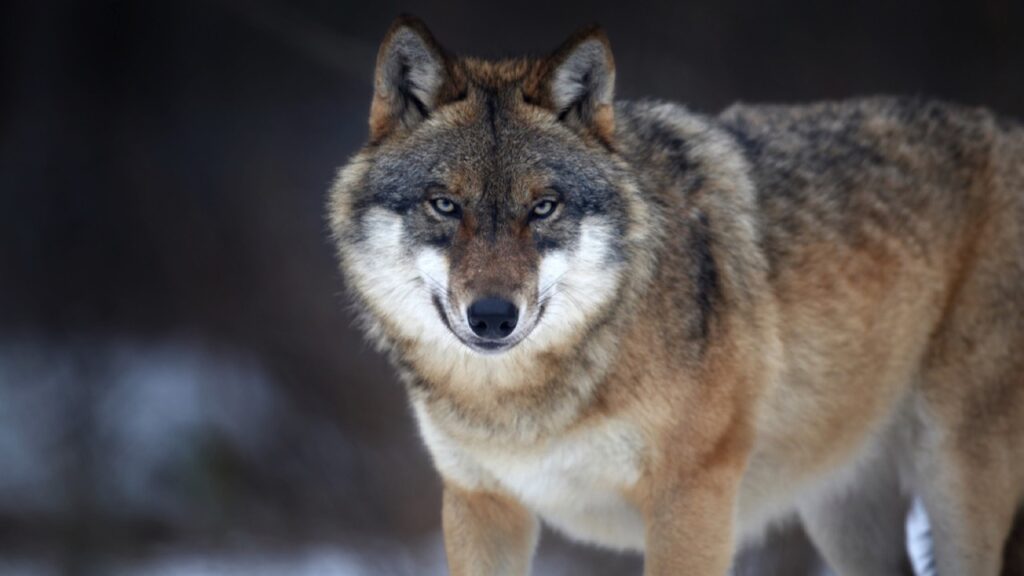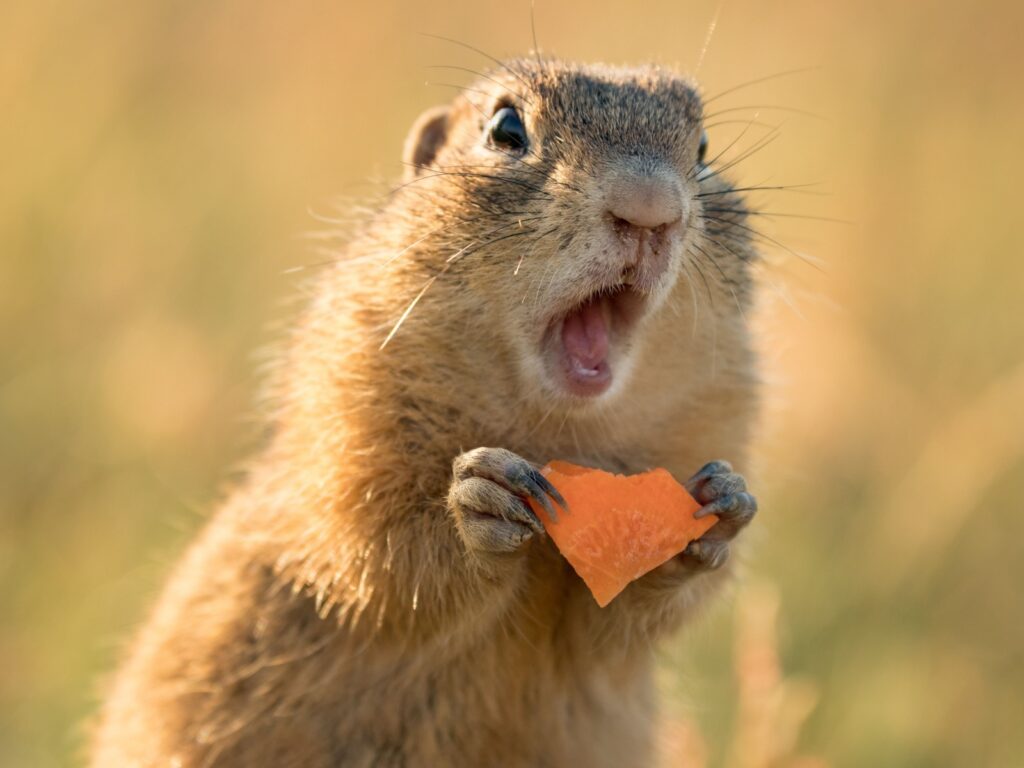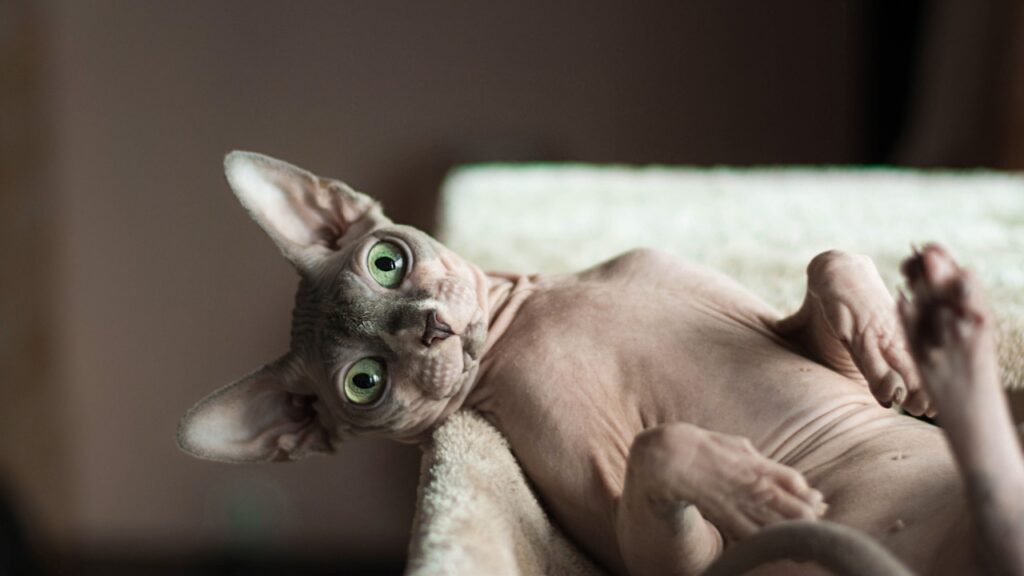In nature, every creature plays a role in maintaining the delicate balance of their ecosystem. Some of these heroes might surprise you, as they often go unnoticed or are even considered pests. Let’s take a closer look at 12 unlikely heroes and their important contributions to the environment.
1. Bats
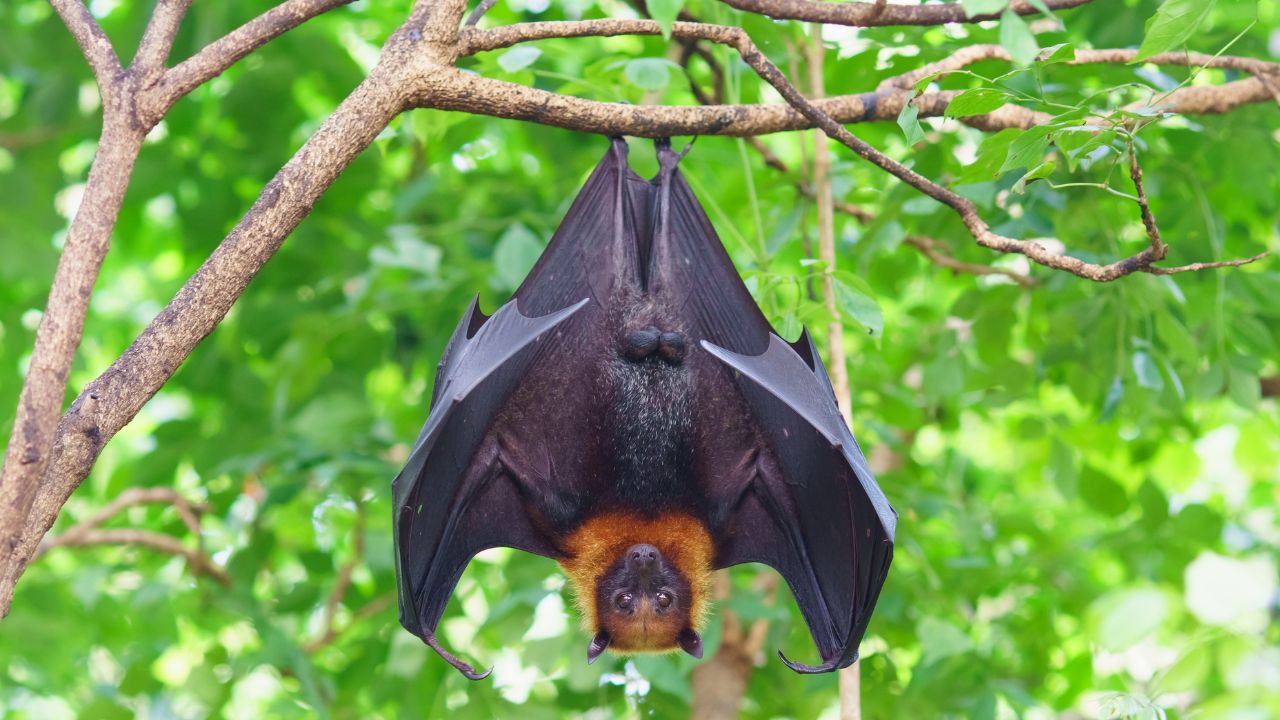
Bats are often misunderstood and feared, but they play a crucial role in many ecosystems. They help control insect populations, pollinate flowers, and disperse seeds, making them essential for maintaining healthy plant communities.
2. Vultures
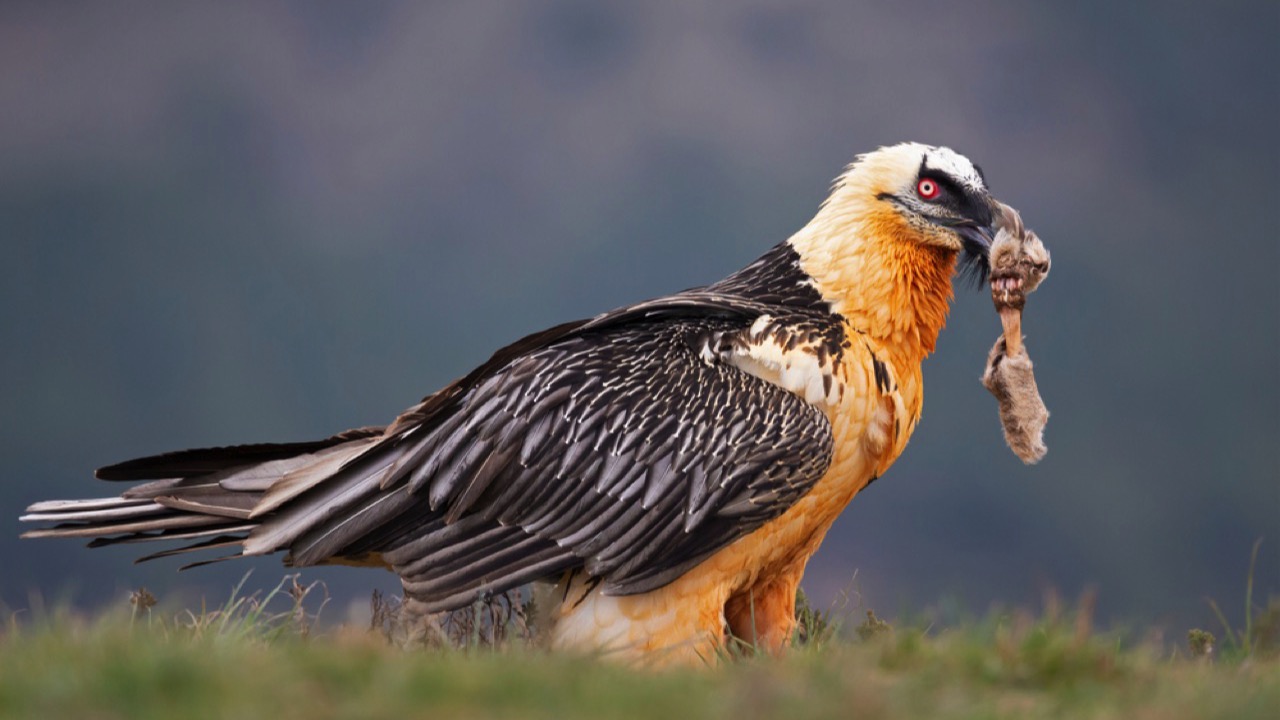
While they might not be the most attractive animals, vultures are vital scavengers. They clean up dead animals, preventing the spread of diseases and recycling nutrients back into the ecosystem.
3. Bees
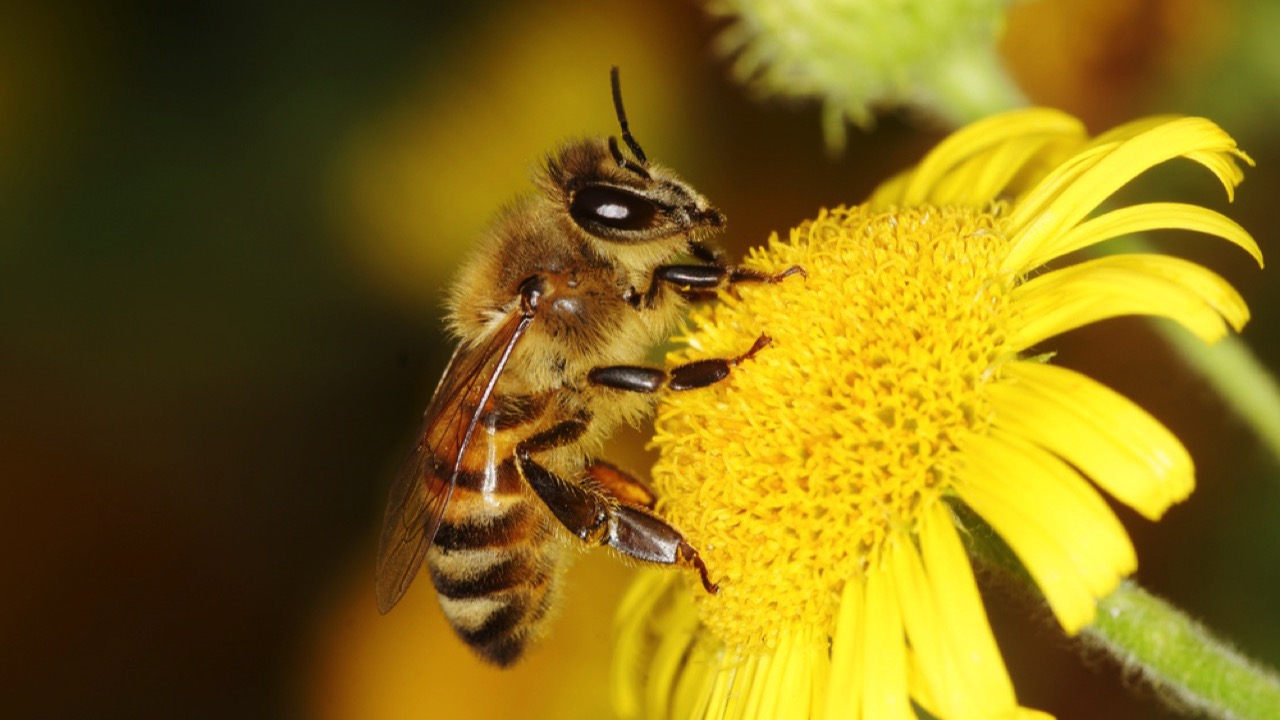
Bees are well-known pollinators, but their importance cannot be overstated. They help pollinate a wide variety of plants, including many of the fruits, vegetables, and nuts that we rely on for food.
4. Wolves
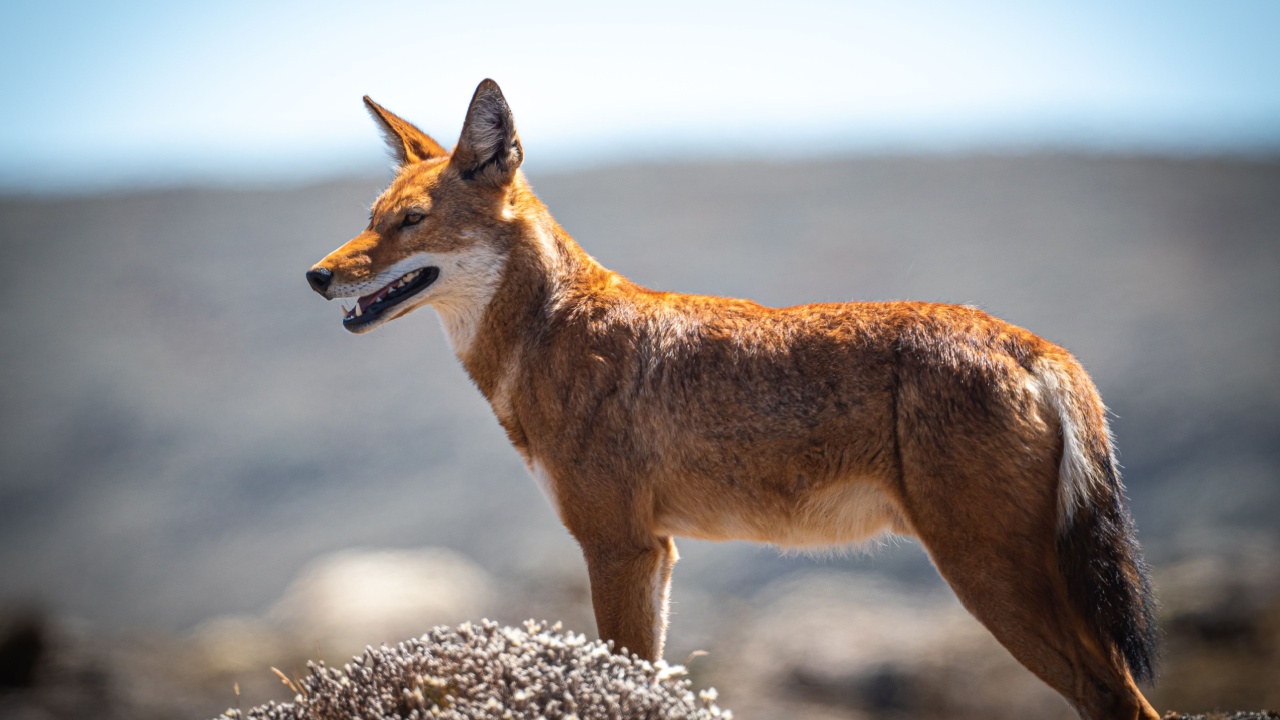
Wolves are often villainized, but they play a key role in regulating prey populations. By keeping deer and other herbivores in check, wolves help maintain the balance between plants and animals in their ecosystems.
5. Sharks
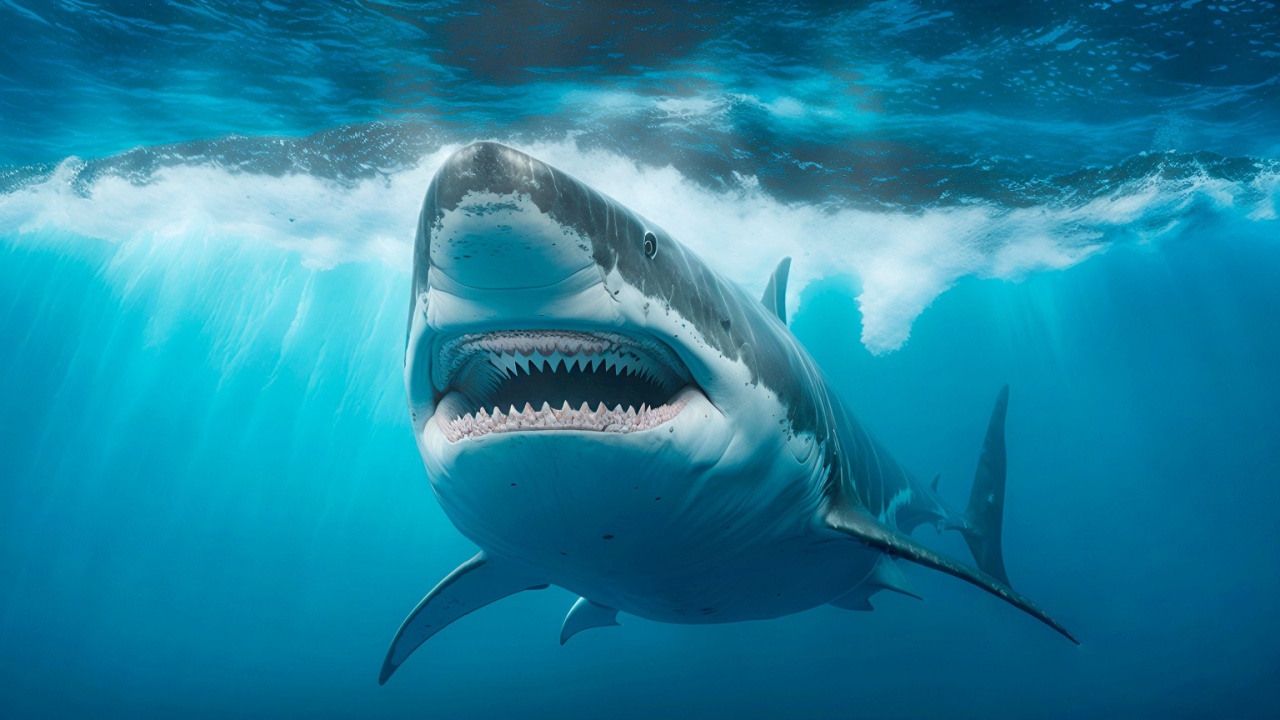
Sharks are often feared as dangerous predators, but they are essential for maintaining healthy ocean ecosystems. As apex predators, they keep populations of smaller fish and other marine animals in balance, preventing any one species from becoming too dominant.
6. Mangrove trees
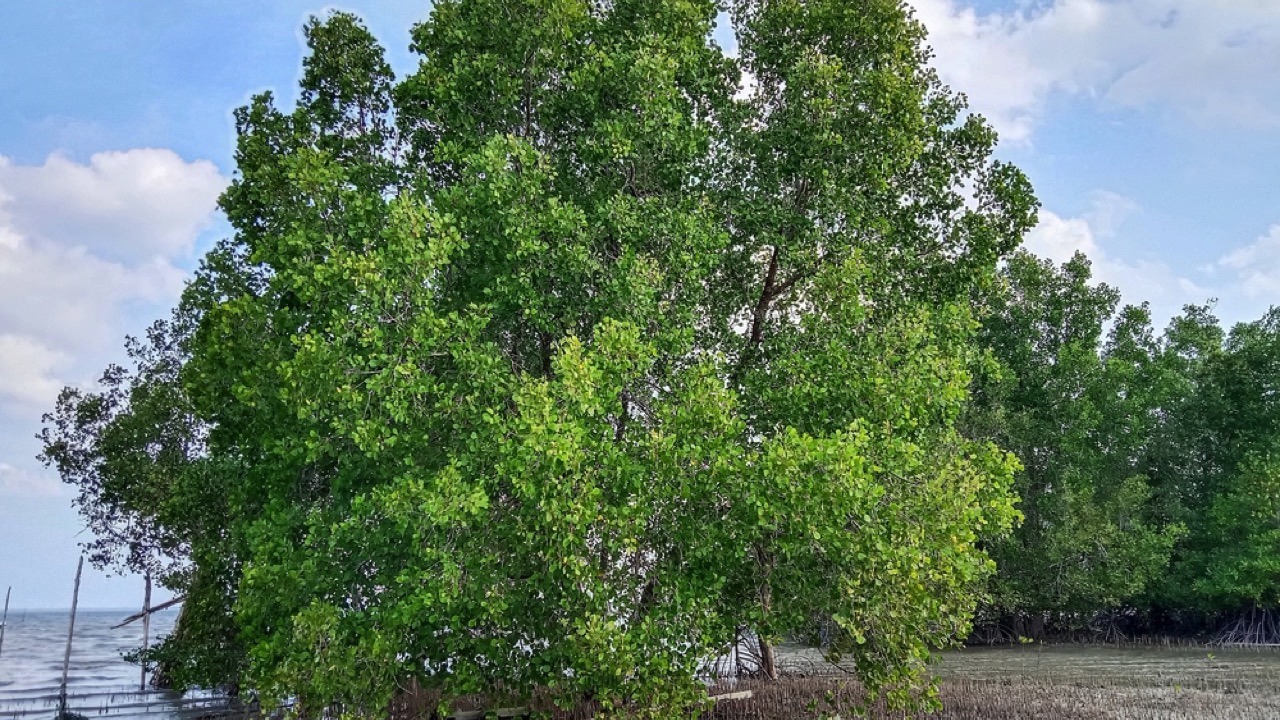
Mangrove trees might not look like typical heroes, but they provide critical habitat for many marine species. They also protect coastlines from erosion and storm damage, and they store large amounts of carbon, helping to mitigate climate change.
7. Ants
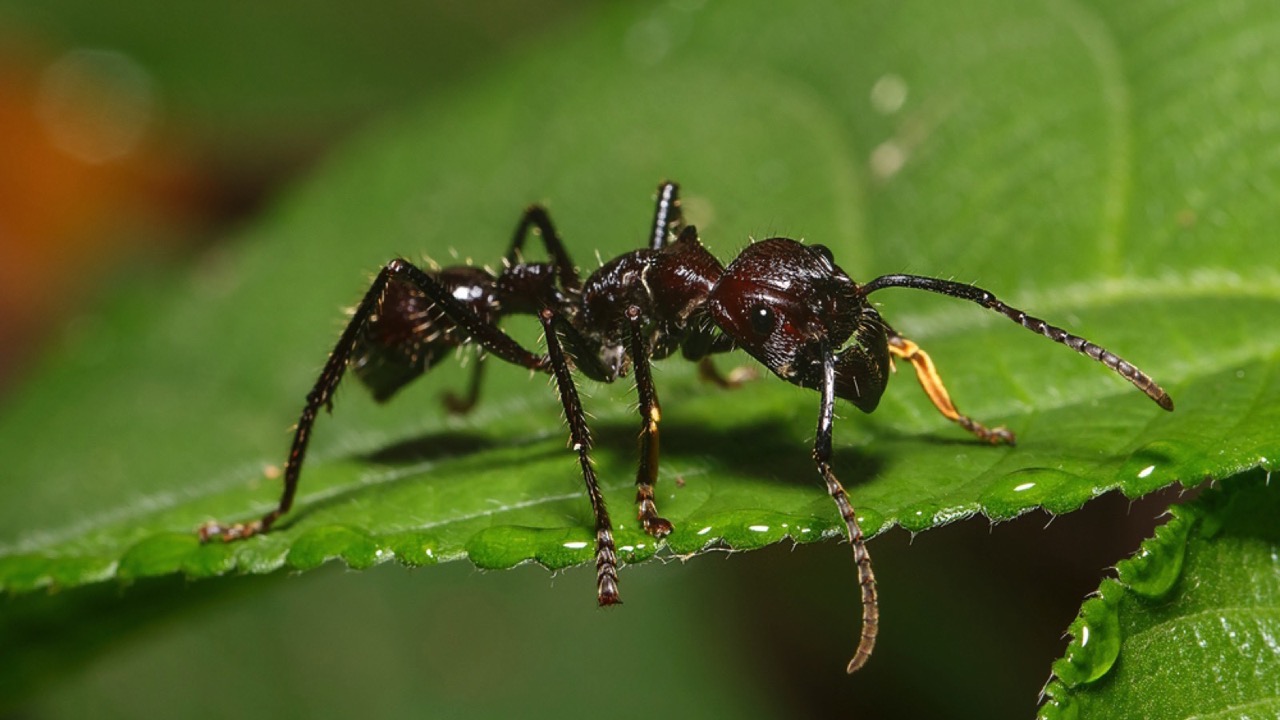
Ants are often seen as pests, but they play important roles in many ecosystems. They help aerate and enrich soil, disperse seeds, and serve as a food source for many other animals.
8. Prairies dogs
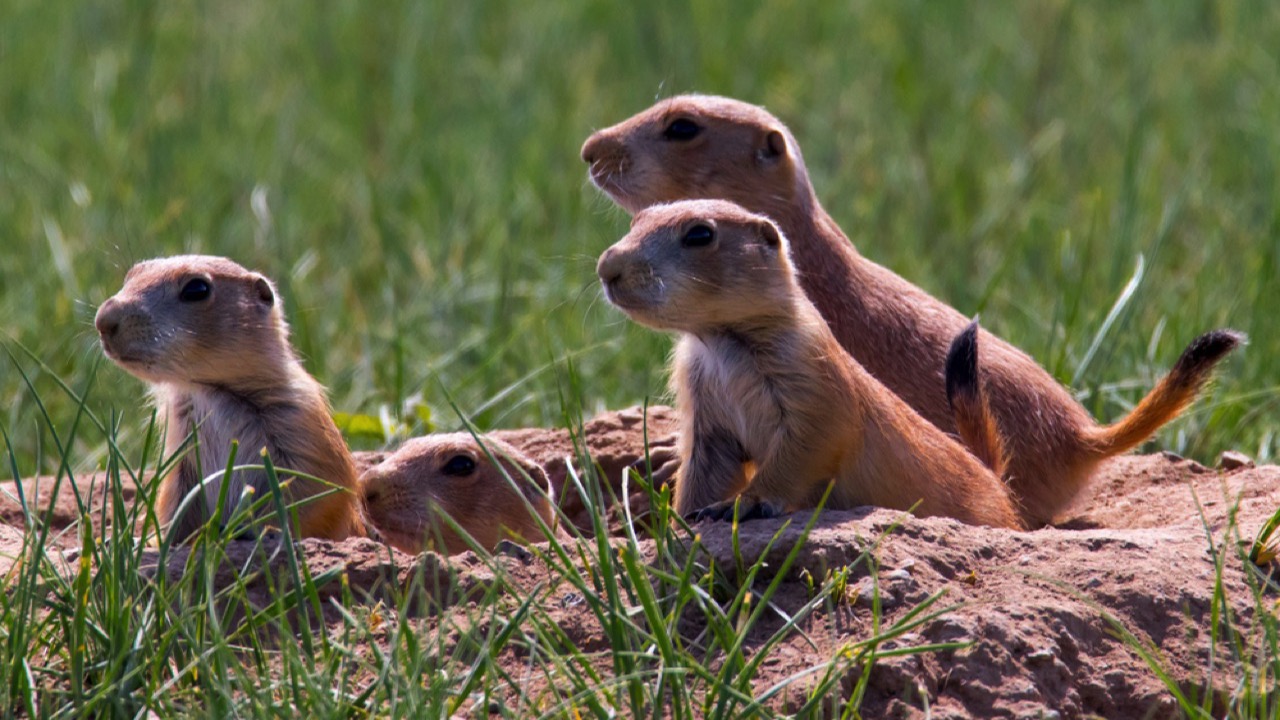
Prairie dogs are sometimes considered pests because of their burrowing habits. However, their burrows provide homes for many other animals, and their grazing helps maintain the diversity of prairie plant communities.
9. Dandelions
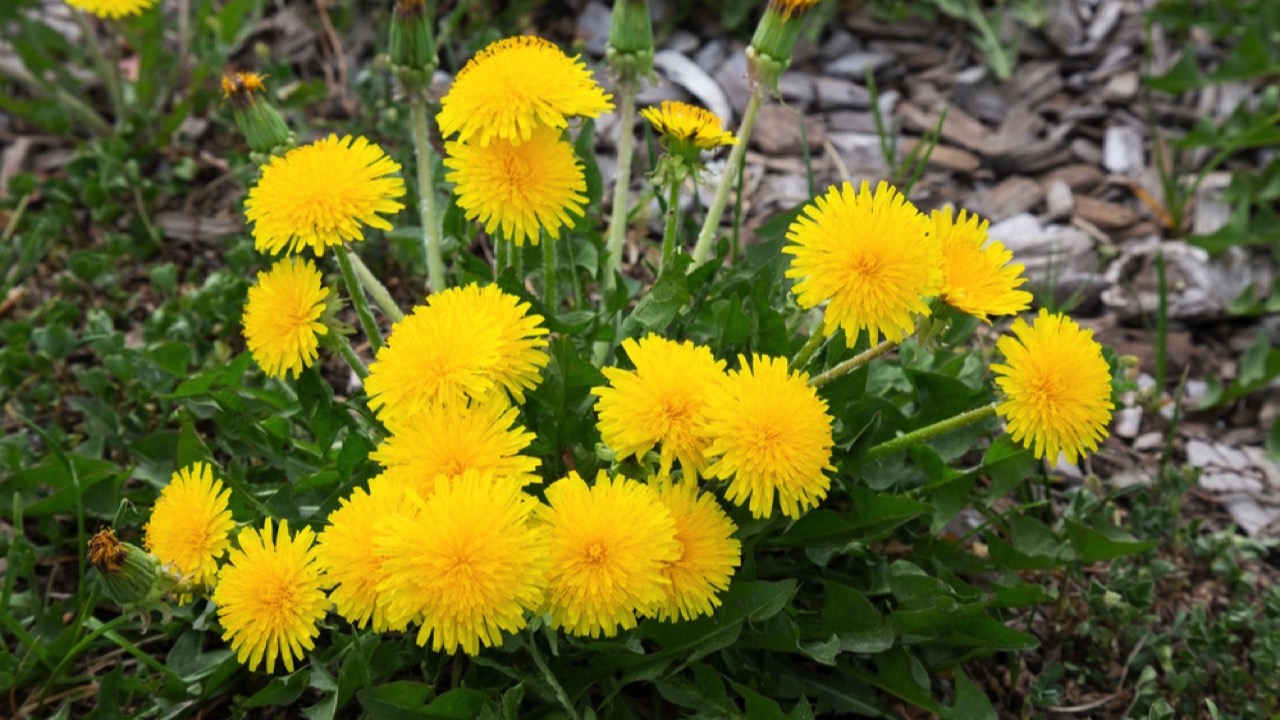
Dandelions are often viewed as weeds, but they provide an important food source for bees and other pollinators early in the spring when other flowers are scarce.
10. Termites
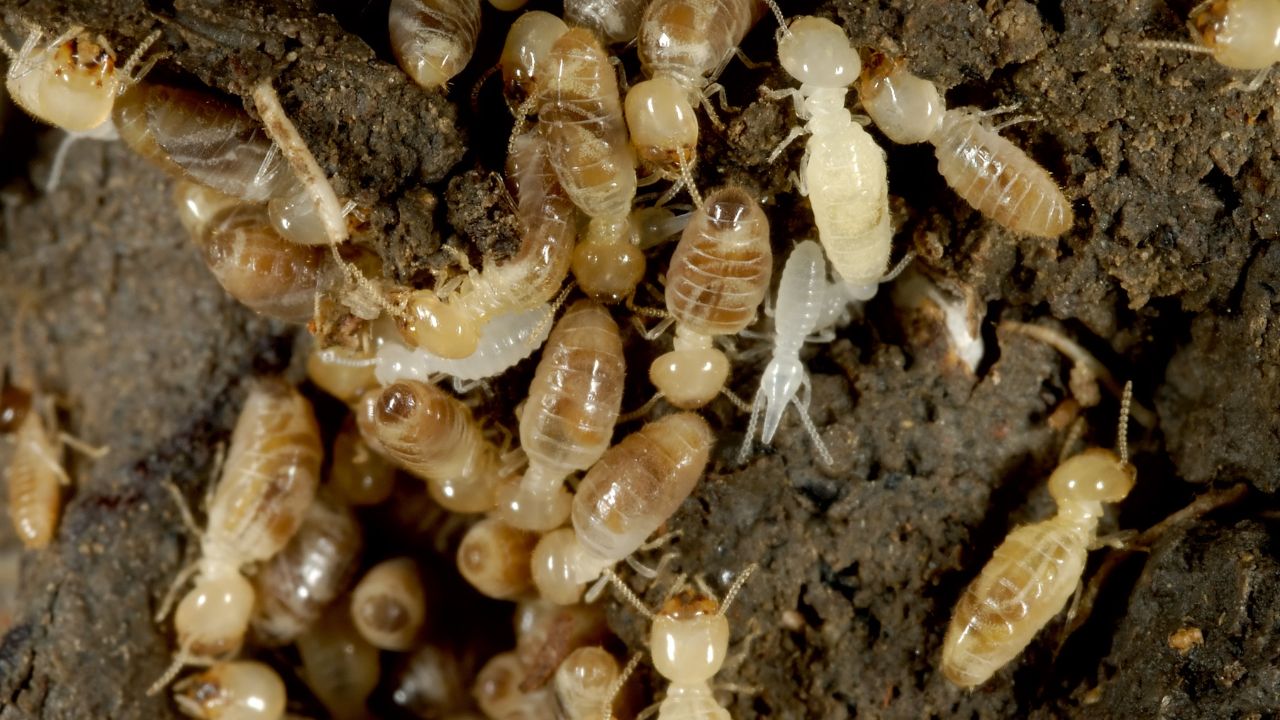
Termites are often associated with damage to buildings, but in nature, they play a vital role in breaking down dead plant material and recycling nutrients back into the soil.
11. Jellyfish
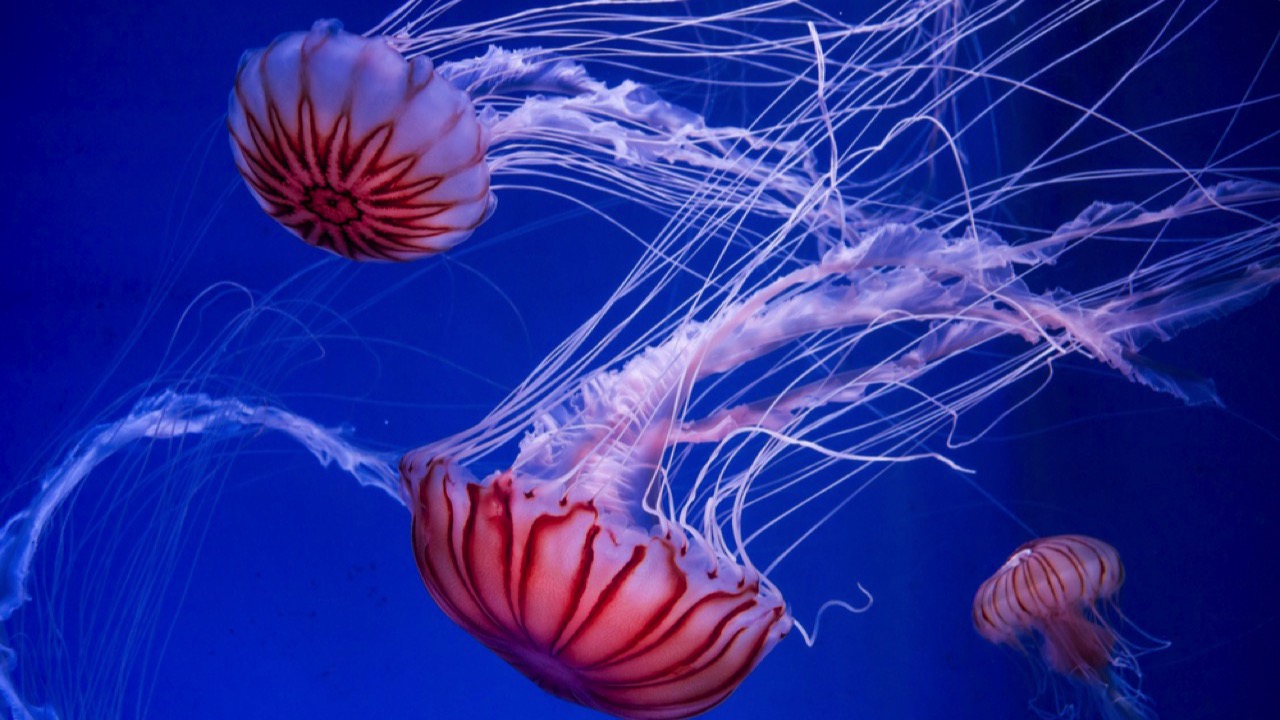
Jellyfish are often feared for their stings, but they are an important part of marine food webs. They provide food for many larger animals, such as sea turtles and some fish species.
12. Fungi
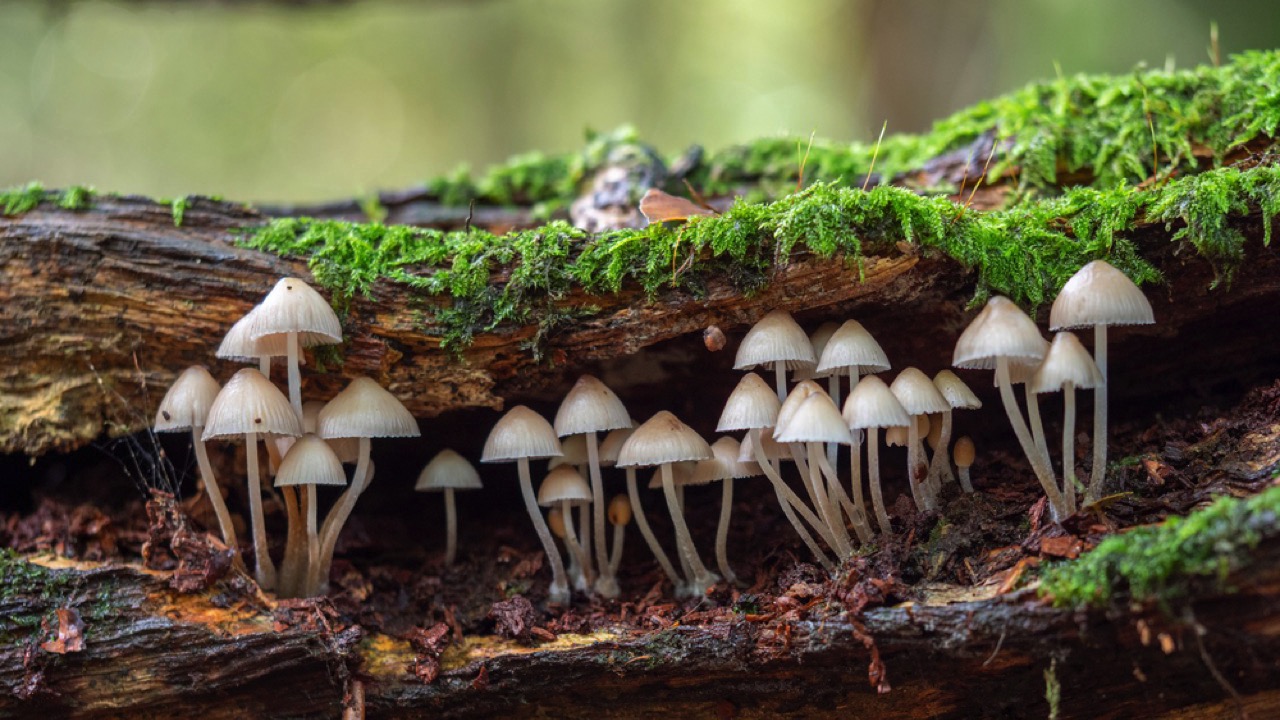
Fungi are often overlooked, but they are essential for decomposing dead plant and animal material. They help recycle nutrients back into the soil, making them available for other organisms to use.
Becky is a fervent wildlife enthusiast and pet care expert with a diploma in canine nutrition. Her love for animals stretches beyond the domestic, embracing the wild tapestry of global fauna. With over a decade of experience in animal welfare, Becky lends her expertise to OutlandishOwl through insightful articles, captivating wildlife information, and invaluable guidance on pet nutrition. Her work embodies a deep commitment to understanding the intricate lives of animals and a passion for educating others on sustaining natural habitats. Becky's hands-on conservation efforts and her knack for translating complex dietary science into practical pet feeding tips make her an indispensable voice for creatures great and small.

